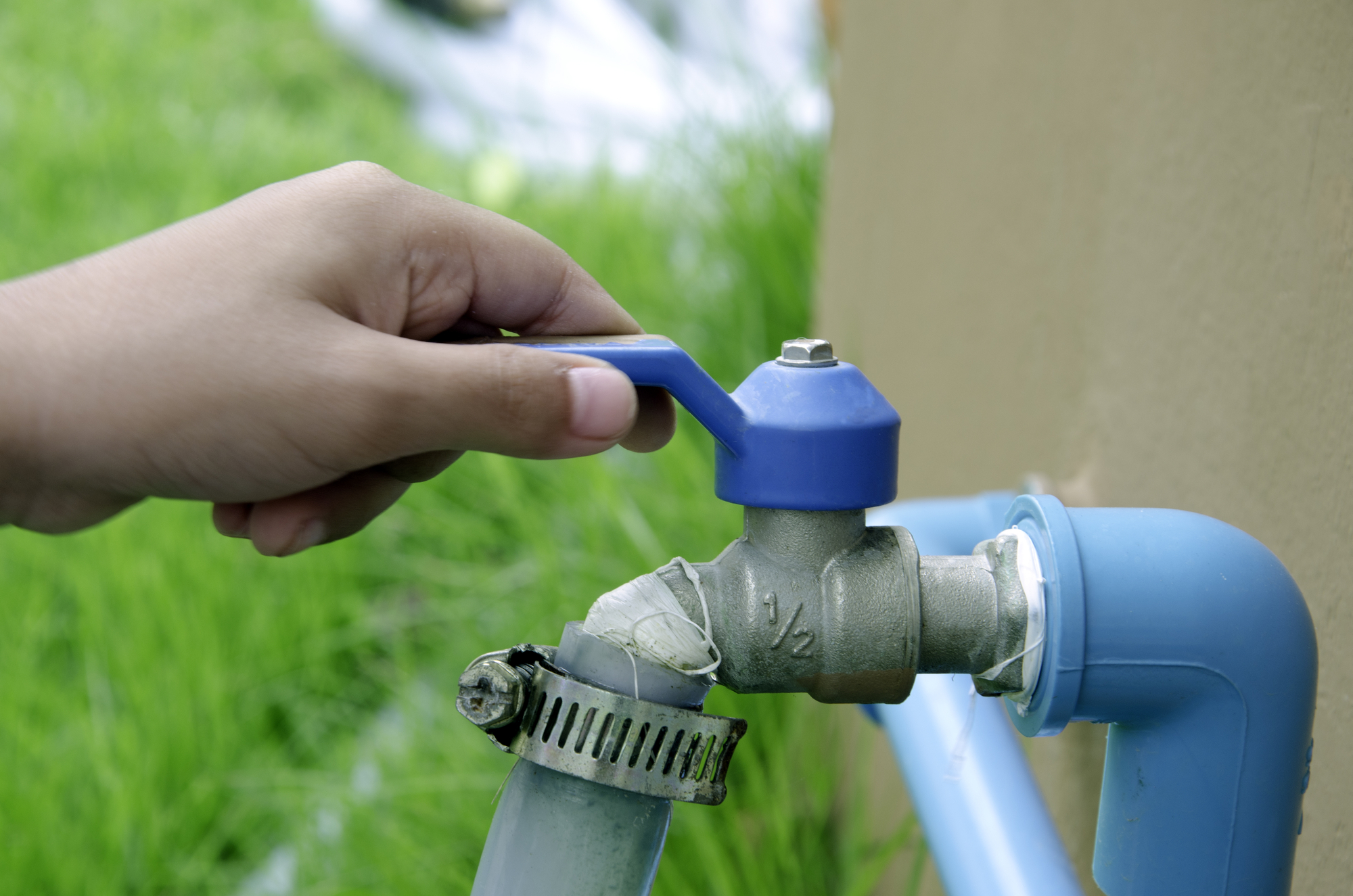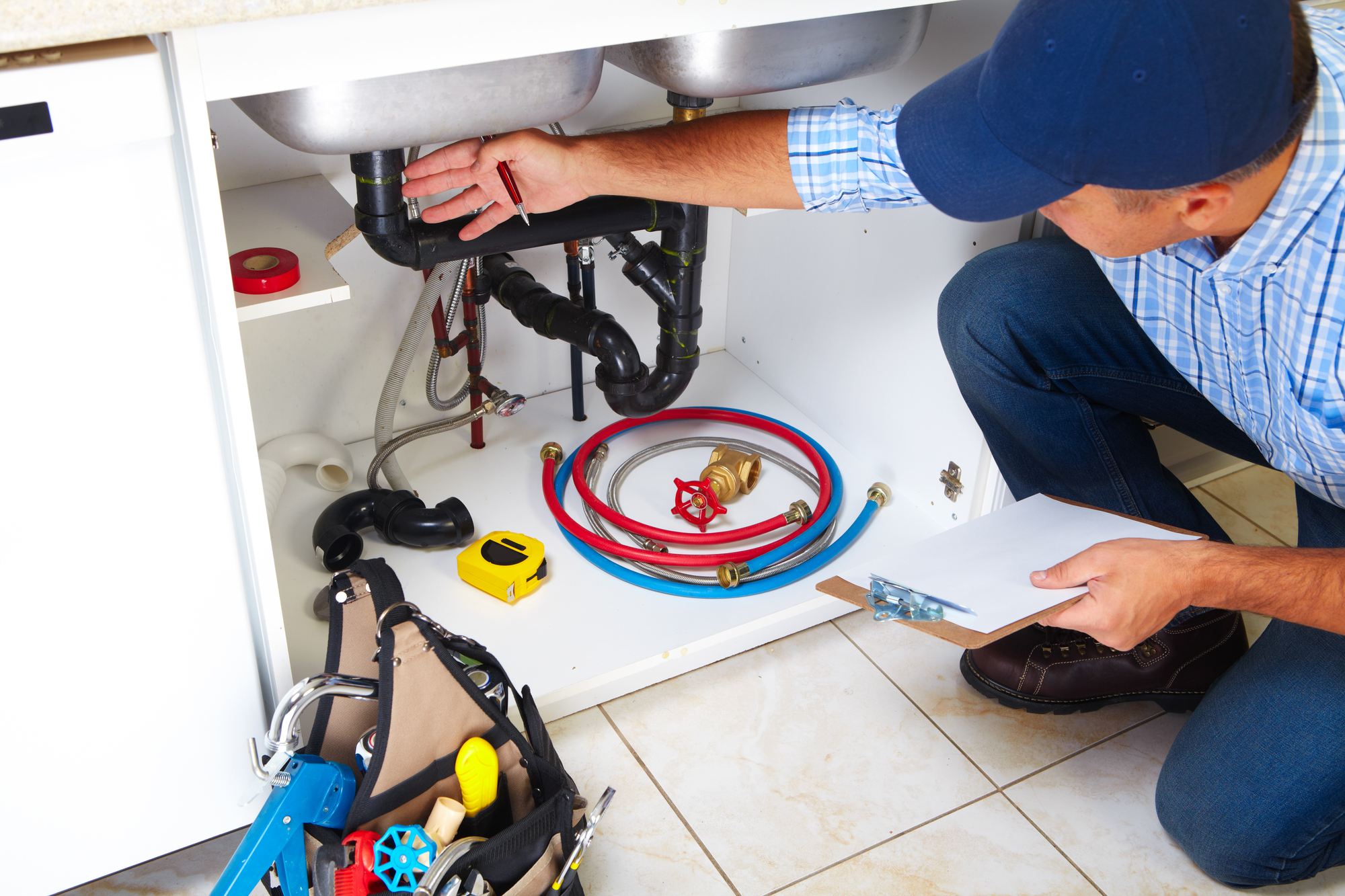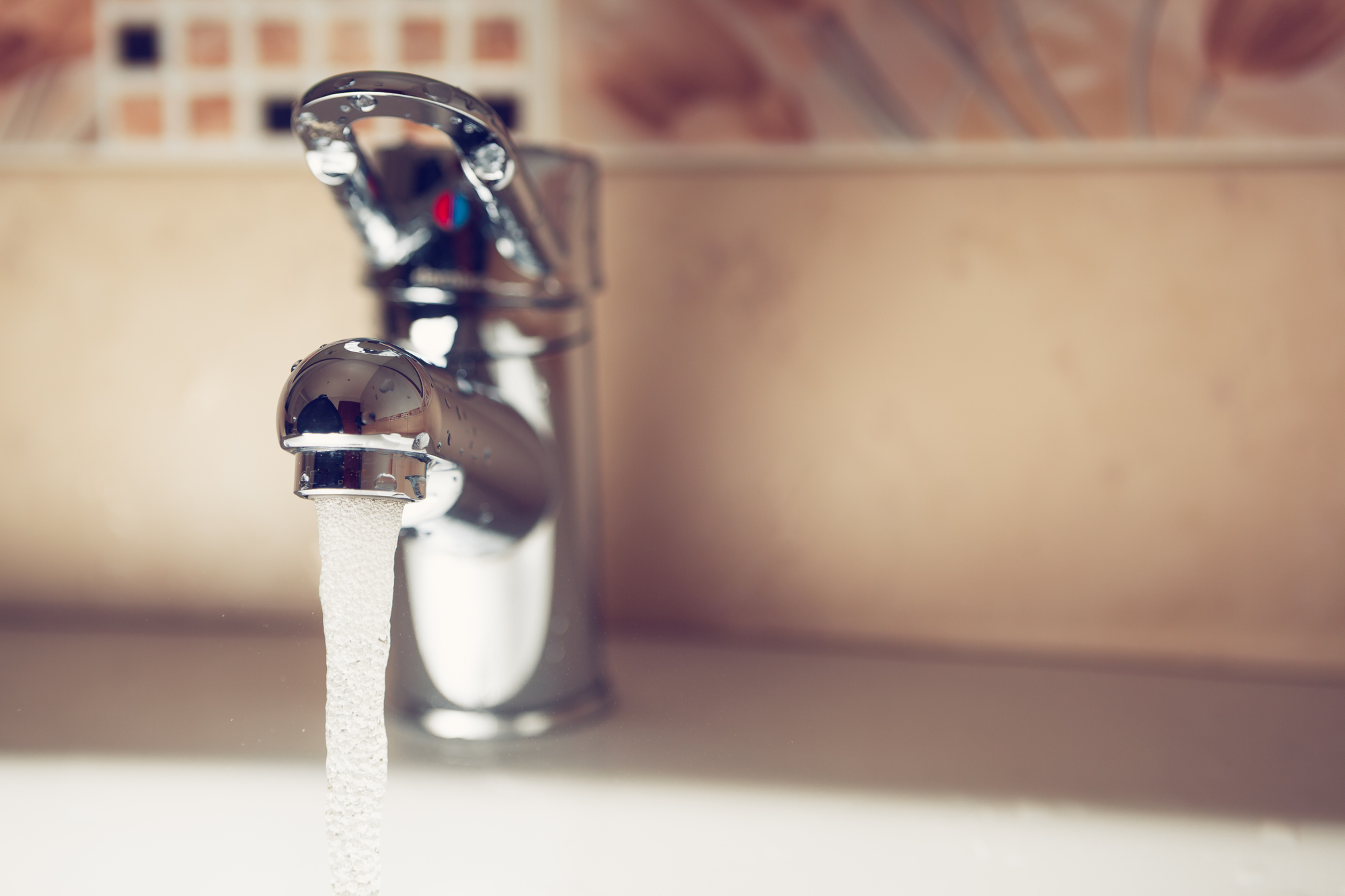In modern-day homes, an efficient plumbing system is no longer a luxury, but a necessity. If you’re either planning a renovation or dealing with persistent plumbing problems in your household, this article will provide helpful advice on maximizing your home’s plumbing efficiency. A high-quality plumbing service forms the backbone of a comfortable and sustainable home.
Every homeowner should understand the basics of an efficient plumbing system. Not only can it reduce water use and save on utility bills, but it also helps in conserving our environment by reducing wastage. Fortunately, optimizing your home plumbing can be straightforward with the right insights, guidelines, and a reliable plumber’s advice.
Understand Your Home Plumbing System
Your home plumbing system serves two primary purposes- supply of freshwater and removal of waste water. Understanding the fixture units, pressure requirements, the layout of drain-waste-vent (DWV) system, etc., can go a long way in dealing with frequent plumbing problems.

Fix Leaks Promptly
A small drip can waste gallons of water over time and lead to significant increase in your utility bills. Regularly inspect faucets, showerheads, and pipes for leaks and encourage prompt fixes. Hiring a professional plumbing service for regular inspection can help avoid major cost and wastage down the line.
Upgrade to Energy-Efficient Plumbing Fixtures
Deploying eco-friendly plumbing appliances and fixtures can lead to substantial cost savings. For instance, water-efficient showerheads, dual-flush toilets, and innovative water-saving appliances can drastically reduce water usage.
Insulate Hot-Water Pipes
Insulating hot-water pipes will reduce heat loss, ensuring your water heater doesn’t have to work as hard and use as much energy. It also ramps up the capacity of your plumbing system and reduces your wait time for hot water.
Water Pressure and Temperature
Maintain an ideal water pressure to ensure the longevity of your pipes. High water pressure can lead to leakages and adversely affect the lifespan of your plumbing joints and fixtures. Maintain your water heater temperature at around 120 degrees Fahrenheit to avoid scalding and excessive energy use.

Leverage Plumbing Upgrades During Renovations
Renovation projects offer an excellent opportunity to inspect your plumbing system for any potential issues and make necessary upgrades to increase its efficiency. You can also re-assess if the current system meets your growing household needs and future-proof your home.
Conclusion,
Preserving an efficient and eco-friendly plumbing system requires ongoing attention. So, whether it’s attending to a hidden leak or stepping up to efficient water heating mechanisms, these changes will ensure both value addition to your home and peace of mind for you, knowing you are reducing your environmental impact.
By implementing these tips, partnering with professional plumbing services, and keeping up with the latest plumbing advancements, you can attain an efficient, cost-saving, and sustainable plumbing system for your home.






